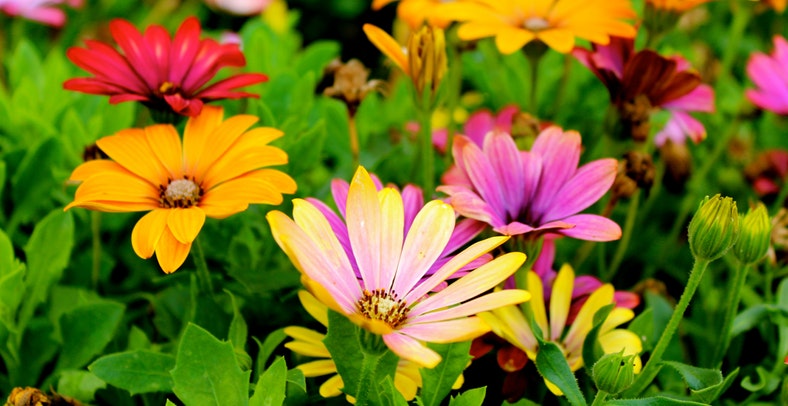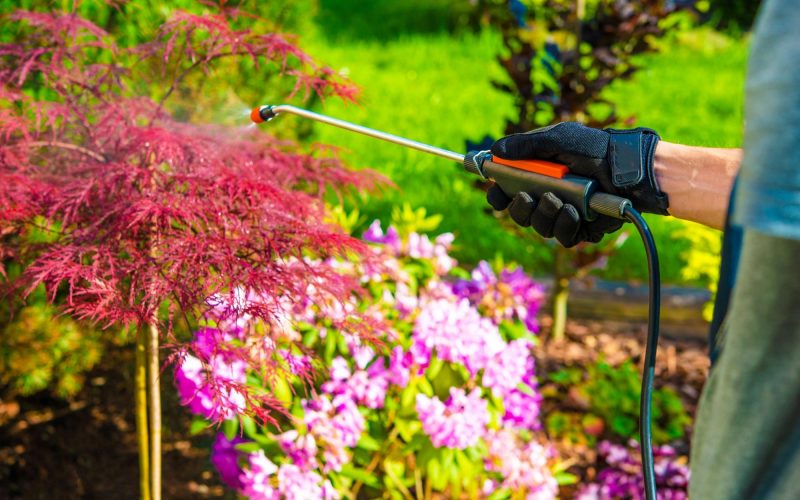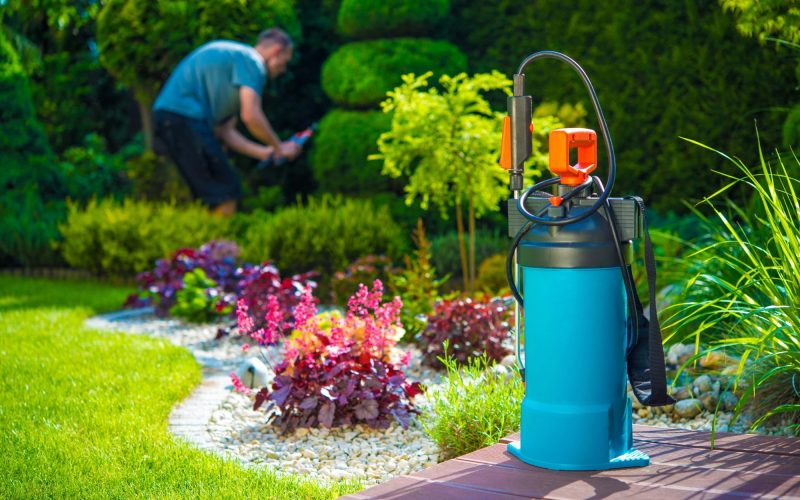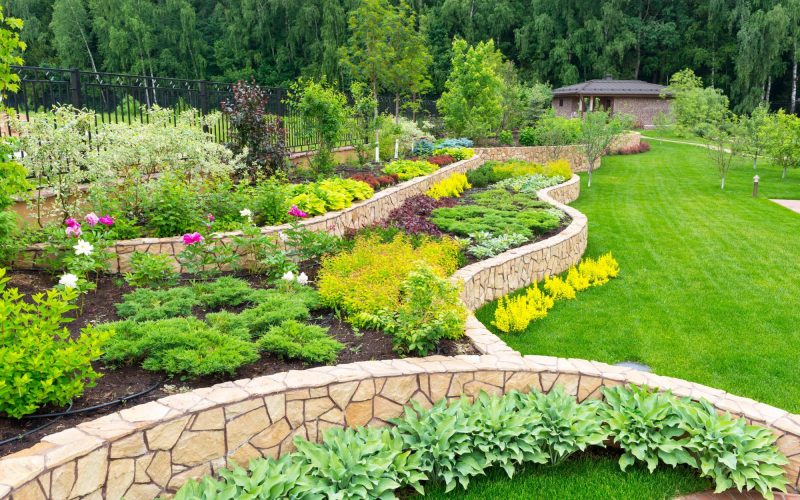Commercial weed killers have gotten a bad rap for quite some time because of their carcinogenic ingredients. Few people want to risk their health to kill weeds. They’d prefer an organic weed treatment that they can apply effortlessly.
Natural Weed Killer Options for Your Consideration
If that sounds like you, you’re in luck. We’ve come up with some of the best natural weed killer options for you to try. Experimenting with different non toxic weed control solutions helps you discover the one that ultimately works best for you.
Ten organic weed treatments can be referenced below for your consideration. Most are treatments that cost very little money to make. Some are 100 percent free and use items that you already have on hand inside your home and pantry.



